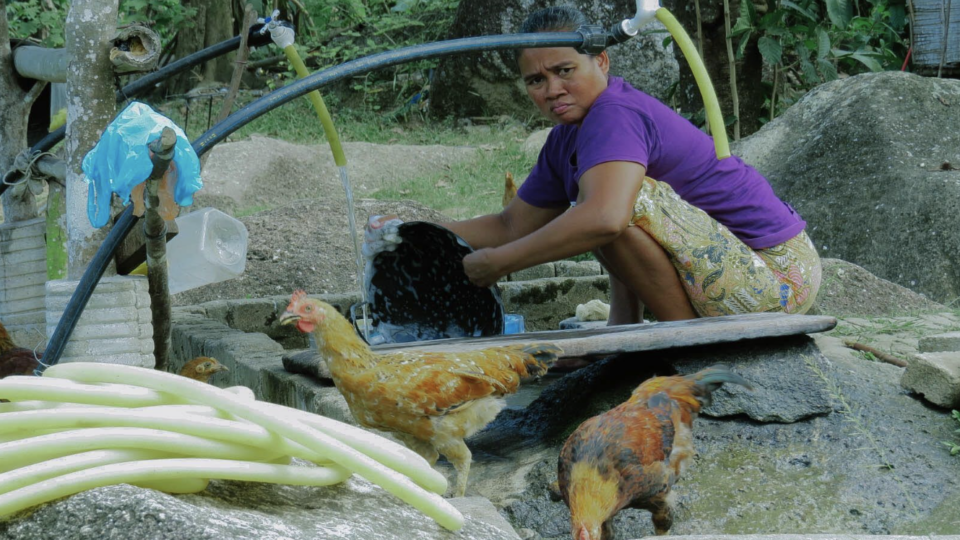The Malaysian government recently allocated RM750 million (US$ 173,872,684) to implement the People’s Income Initiative (IPR), a program aimed at helping 130,000 hardcore poor Malaysians (defined as those whole household income is RM1,169 a month or less), under the 2023 budget.
The goal is to help these families stand on their own two feet without much reliance on cash handouts.
The IPR aims to train agricultural entrepreneurs from low-income families by providing them with skills, equipment, land, market access, and an RM2,000 monthly allowance for up to two years.
Under the initiative, there are three categories – Agro Entrepreneur Initiative (INTAN), Food Entrepreneur Initiative (INSAN), and Services Operator Initiative (IKHSAN).
Overly optimistic
According to Edwin Goh, an independent researcher on social protection public policies, the initiative appears to be ideal and well-planned at the policy level.
“The policy design reflects the government’s intention to address food security, living costs, and poverty all at the same time.”
But whether this policy can achieve its goals depends on the implementation, he said.
Edwin told Coconuts the current IPR support measures are great, but it mainly addresses the financial concerns associated with the businesses that participants will establish.
“It is too early to tell whether the People’s Income Initiative (IPR) will achieve its goal of creating an ecosystem of long-term income-generating programs that span the entire supply chain.”
“I think the current policy thinking around IPR is a little too optimistic, as it ignores the complexities of one’s career development journey and its relationship with their family,” said Edwin.
On Tuesday, Economy Minister Rafizi Ramli announced that 20,000 people had registered for the IPR program.
According to Rafizi, 52% of registrations were for the Food Entrepreneur Initiative (Insan), 29% for the Agro Entrepreneur Initiative (Intan), and 19% for the Services Operator Initiative.
He added that 376 off-takers, including businesses, had expressed an interest in installing vending machines on their premises and purchasing products produced by the program.
He noted that more emphasis would be placed on the poorest districts in the country because the program aims to increase income opportunities for the hardworking poor.
To this, Edwin said, the policy is merely running on the assumption that its target audience has the capacities, such as motivation, time, interest, commitment, and support, to see through the outcome.
However, in reality, empowering poor families to earn a living wage is more than just helping them land a job or start a business, he said.
“It is also about making sure that they have the right career interest, job motivation, free time from attending care work, outcome expectations, and more.”
“For IPR to meet its intended purpose, policymakers truly need to understand the poor families. They must see that poverty is neither a choice nor a poor mindset.”
“Eradicating poverty is about organizing government resources into a multi-disciplinary plan to uplift individuals and families to realize their aspirations.”’
Pandemic-borne poverty
A report published by DOSM in 2021 revealed an increase in the incidence of absolute poverty from 5.6% in 2019 to 8.4% in 2020.
The increase in absolute poverty in Malaysia can be attributed to the direct and indirect economic consequences of the COVID-19 pandemic.
Before the pandemic, Malaysia was performing relatively well as absolute poverty was reduced from 7.6 percent in 2016 to 5.6 percent in 2019.
Meanwhile, findings from The World Bank High-Frequency (HiFy) Phone survey showed that, in May 2022, nearly 60 percent of households felt that they were not at all or only partially able to cover their monthly basic needs.
The share of households with no savings also increased from 16 percent in late 2021 to 21 percent in May 2022.
The report said more than half of all households remained worried about their finances and around 20 percent of households anticipated lower spending levels in the next three to six months.
It added that lower-income households were more likely to face such financial distress, making them more vulnerable and slowing their recovery from the crisis.
Flawed ‘fishing’ philosophy
Meanwhile, the government also holds the mindset that, through this initiative, they would be teaching the poor to “fish” instead of depending on the financial aid provided by the government.
Under the current government, members of the lower income group (B40) with a household income of less than RM2,500 are eligible for Rahmah cash aid of up to RM2,500 depending on the number of children.
The payment is made according to categories, with four million households receiving RM300 each, while 1.2 million senior citizens without spouses and 3.5 million single individuals each receive RM100.
Edwin said the idea of teaching poor people to “fish” does the opposite when it comes to addressing poverty, cost of living, and other related issues.
He said it implies that people from poor families are lazy, reliant on government help, and unwilling to move up the socioeconomic ladder.
Alarmingly, he also said it reflects a narrow understanding of poverty that is merely economic in nature.
He said the approach fails to recognize other social, health, and well-being factors that contribute to poverty.
“Rather than undermining individual experiences with poverty, I think policymakers should take an empathic approach to understand and uplift them.”
“After all, if the fisher is a single mother with two children, she will need to be physically and psychologically healthy and have her children well cared for before she can devote time to learning new skills, working a full-time job, or starting a business,” he said.
ALSO CHECK OUT:



